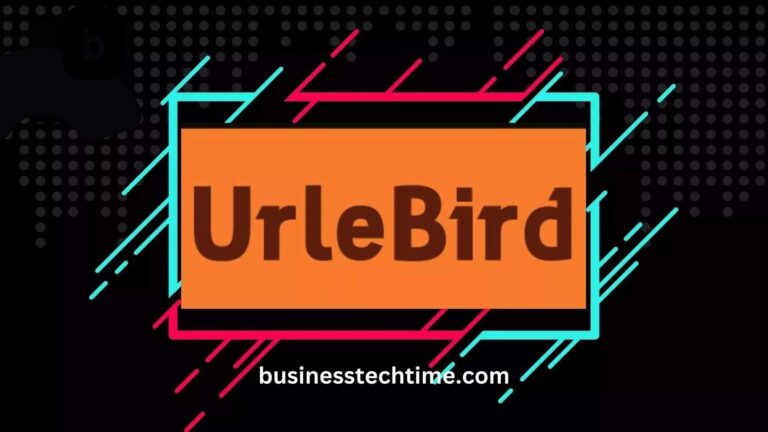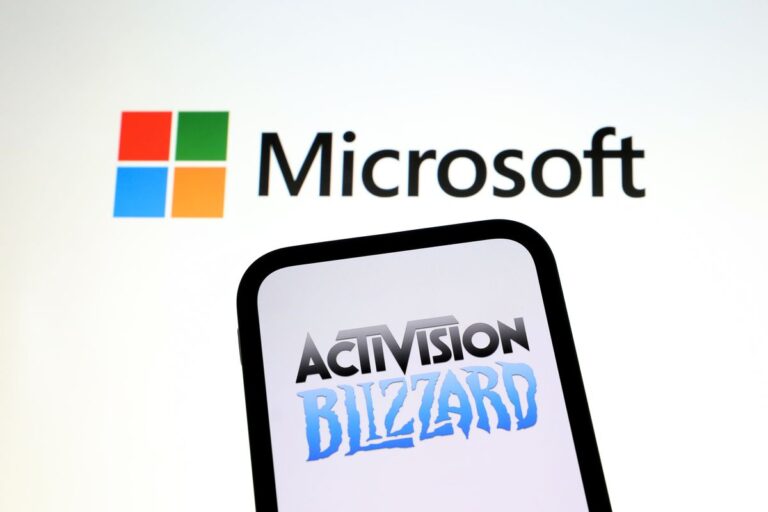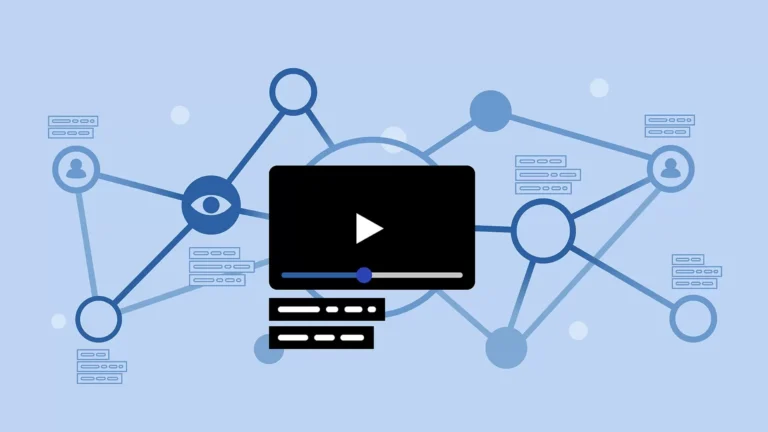5 Biggest Company Data Breaches
In today’s digital age, data is the lifeblood of companies, and the protection of this invaluable resource has never been more critical. Despite best efforts, data breaches continue to haunt organizations worldwide, often resulting in dire consequences. In this article, we’ll delve into the five biggest company data breaches in recent memory, shedding light on the role of VPN (Virtual Public Network) in preventing such catastrophes.
1: Equifax – A Lesson in Negligence
The Equifax breach of 2017 stands as a stark reminder of what can go wrong when a company neglects its security. One of the largest credit-reporting agencies, Equifax suffered a colossal data breach that exposed sensitive information of over 143 million Americans. Personal data, including Social Security numbers, birthdates, and credit card details, fell into the hands of cybercriminals.
VPNs, in this context, serve as a robust layer of defense. They encrypt data transmission, rendering it incomprehensible to potential attackers. Had Equifax employed a VPN, the breach might have been far less devastating.
2: Yahoo – A Breach of Monumental Proportions
In 2013, Yahoo fell victim to one of the most significant data breaches in history, with all three billion of its user accounts compromised. The breach went undetected for three years, and sensitive user information, including email addresses and hashed passwords, was exposed.
VPNs act as a powerful shield against such cyber-attacks by establishing secure, encrypted connections. They thwart unauthorized access, making it more challenging for cybercriminals to breach a company’s systems.
3: Marriott International – The Hospitality Hack
In 2018, Marriott International, one of the world’s largest hotel chains, revealed a staggering data breach. Approximately 500 million guests’ data, including passport numbers, was compromised. The breach was attributed to a hack on Starwood Hotels’ reservation system, a subsidiary of Marriott International.
In such a case, VPNs come into play by securing the data transmitted between various hotel locations and headquarters. By encrypting this data, they ensure that even if a breach occurs, the information remains illegible to those who intercept it.
4: Capital One – A Banking Breach
Capital One experienced a data breach in 2019, exposing the personal information of over 100 million customers. A former employee of the company exploited a vulnerability in the system, gaining access to sensitive data, including Social Security numbers and bank account numbers.
A VPN can serve as a barrier against insider threats, as it ensures that even within a secure network, all data remains encrypted and confidential. The breach at Capital One highlights the importance of not only external threats but also the vigilance required against internal ones.
5: Sony Pictures – A Cyber Scandal
The 2014 attack on Sony Pictures Entertainment was more than just a data breach; it was an international scandal. A group named Guardians of Peace was responsible for the breach, exposing sensitive corporate data, unreleased films, and confidential emails, causing significant embarrassment for the company.
VPNs could have added an extra layer of security in this case, making it much harder for the hackers to gain access to Sony’s internal network. The Sony breach serves as a testament to the importance of encryption in safeguarding corporate secrets.
“Linkhouse”
The Significance of Virtual Private Networks
In the realm of digital security, Virtual Private Networks (VPNs) stand as an indispensable fortress against the ever-looming threat of data breaches. They bestow upon us a multitude of invaluable advantages, among which are:
- The Veil of Encryption: VPNs, like masterful cipher, delicately wrap our data in an impenetrable shroud. It is a safeguard so formidable that even the most tenacious of interlopers find themselves thwarted, for the information is rendered indecipherable, a fortress for our most sensitive secrets.
- The Enigma of Anonymity: With VPNs, our very identities become enigmas, shrouded in the cloak of anonymity. The cyber malefactors, who seek to trace our online footprints, are left confounded in their attempts to link our actions to us.
- A Gateway to Secure Remote Access: In the corporate arena, VPNs serve as the guardians of secure remote access. They act as sentinels, allowing employees to traverse the digital realm outside the bounds of the corporate citadel, all while ensuring the sanctity of data and diminishing the ominous specter of data breaches.
- Defending in the Realm of Public Wi-Fi: The treacherous landscape of public Wi-Fi networks, rife with vulnerabilities, becomes a fortress of defense when protected by the vigilant sentinels of VPNs.
Conclusion:
In conclusion, these five colossal company data breaches underscore the urgency for organizations to adopt robust cybersecurity measures. Among these, Virtual Private Networks (VPNs) stand as a frontline defense against data breaches.
VPNs create encrypted tunnels for data transmission, rendering it incomprehensible to prying eyes. Their implementation can prevent unauthorized access and protect sensitive information from falling into the wrong hands.
For more information visit: Businesstechtime.com






